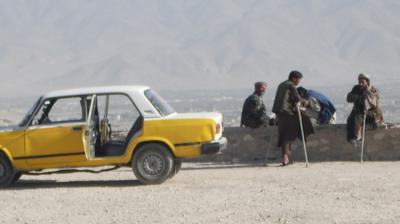The Parliament of Bangladesh: Representation and Accountability
The Bangladesh Parliament (Jatiya Sangsad) was established in 1972 following the separation of Bangladesh from Pakistan. Presidentialism and parliamentarism has since been installed and re-installed several times with different civilian and military governments. Bangladesh is today formally a Westminster-style parliamentary system, i.e. the Parliament enjoys substantial constitutional powers including a broad oversight authority over the executive.
This project has been a contextual analysis and an analysis of strengths and weaknesses of the Parliament in Bangladesh. We have analysed the accountability role of the parliament in both its horizontal and vertical dimensions. To assess horizontal accountability we have assessed the parliament’s performance in legislation and budget making; and, in scrutiny and oversight of the executive branch of the government. To investigate the state of vertical accountability, we have focussed on the issue of the parliament’s accountability to the citizens. Here we have explored the practices being used by the parliamentarians as well as citizens to ensure the former’s accountability to the latter.
The study discusses the historical evolution of the nine parliaments in the context of the changes in the political system of the country. In particular, ‘the rules of the game’, the constitutional and legal provisions, have changed over the years. We have also described the structure, institutions and functions of the parliament in Bangladesh as prescribed by the constitution and the Rules of Procedure of the parliament.
Representation is studied from different perspectives. We have investigated several questions: how representative is the parliament politically? How the majority and minority voices are constructed in parliament under the ‘first past the post’ (FPTP) electoral system? In terms of horizontal accountability we have focussed on legislation, budget-making, scrutiny and oversight, and investigated to what extent the parliament is actually legislating? Is law making an exclusive prerogative of the parliament? How proactive is the institution in its scrutiny of the executive branch?
The project has also suggested reforms and changes, in order to enable an informed debate about the role and functions of the Bangladesh Parliament, the role of the parliament vis-à-vis the executive branch and the military, as well as the role of Parliament in policy-making, representation and democratisation.
Programme



